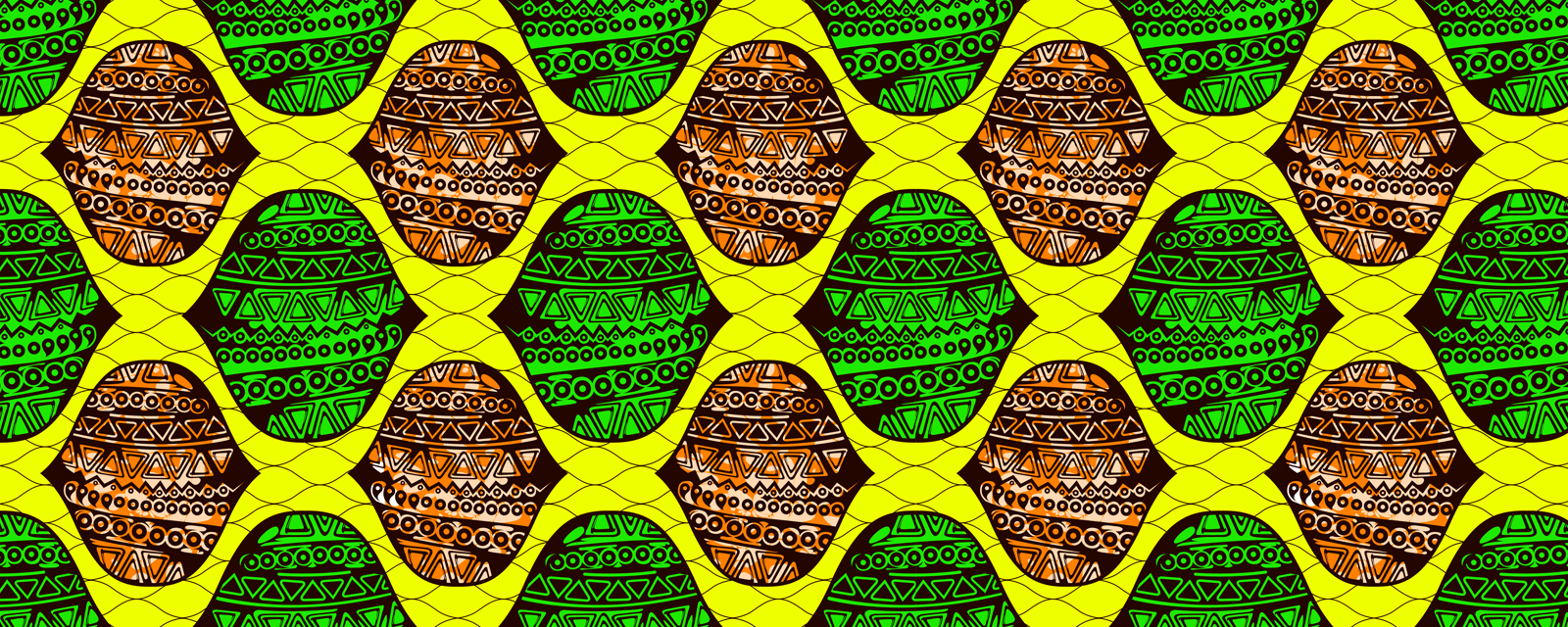A lively example of a Yorùbá poetic tradition known as Iwì Egúngún, the chant of the masked dancers. Masquerades feature on festive occasions, such as a chief’s appointment, the funeral of a prominent person, the dedication of a shrine, the visit of someone important. The main business of the dancers is to attract attention by their costume and movements, and the poetry they chant is secondary, and largely improvised. The Ọ̀jẹ̀ are the the masked dancers.
Second Oje
Offspring of Abilodesu, listen to my words. (1)
One with disordered head pad,
offspring of one whom the drums hail with rebellious strains. (2)
But for death,
Adisa, listen to my sermon.
Three persons would have designated themselves God the king.
Now ask me, who are they?
First Oje
Who are they?
However it may be, explain it
because a woman will always open wide the door of the feared one. (3)
Second Oje
The rich man would have designated himself God the king.
What of the medicine man?
He would have designated himself God the king.
On the day death would kill the rich man
money would be of no avail.
On the day death would kill the medicine man
the charm that locks up the man’s intentions, (4)
the one that stupefies you,
the one that makes you look like a fool
the one that arrests your movements,
indeed, everything will perish.
On the day death will kill the great diviner
gentle winds will carry off his papers. (5)
First Oje
It is true, it is perfectly so.
Death kills a herbalist
as if he has learned no Ifa. (6)
Death kills the medicine man
as if he possesses no charms.
Death kills a great diviner
as if he does not cry out to God the king.
I look up
I look down below
I see no two kings known as God the king,
No king like Balaratu who is called the Doer of Great Deeds. (7)
Second Oje
It is true, it is perfectly so.
Don’t let it exceed two at a time. (8)
It is now the turn of Rasji Ajani… (9)
from ‘Iwi Egungun Chants: an Introduction’ by Oludare Olajubu,
Forms of Folklore in Africa (Texas 1977),
Bernth Lindfors (ed.)
Footnotes
- These lines are addressed to Adisa, the drummer (see line 5), son of Abilodesu.
- These 2 lines describe the dancer himself, both his headgear and his peculiar music.
- A proverb, meaning women will always reveal secrets.
- These 4 lines describe the spells cast by diviners.
- Referring to different kinds of diviners, the priests of Christianity or Islam with their Bible and Qur’an.
- Ifa: The divination system of the Yorùbá, covering all aspects of life and death.
- Balaratu: A corruption of an old Islamic name for God.
- A teasing conclusion to an improvised chant. In line 6, we were promised “three persons.”
- The dance moves on to address someone else present.

